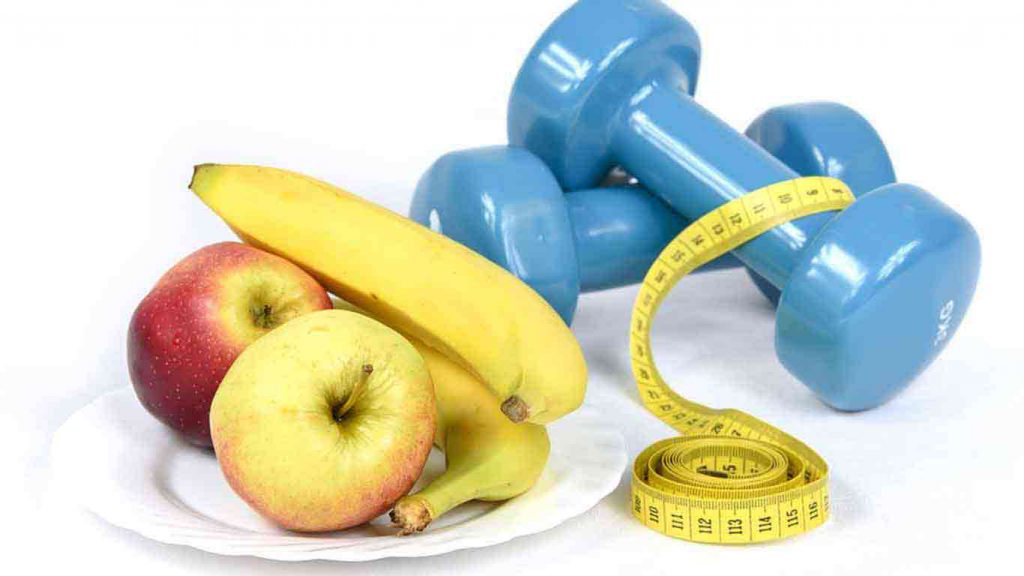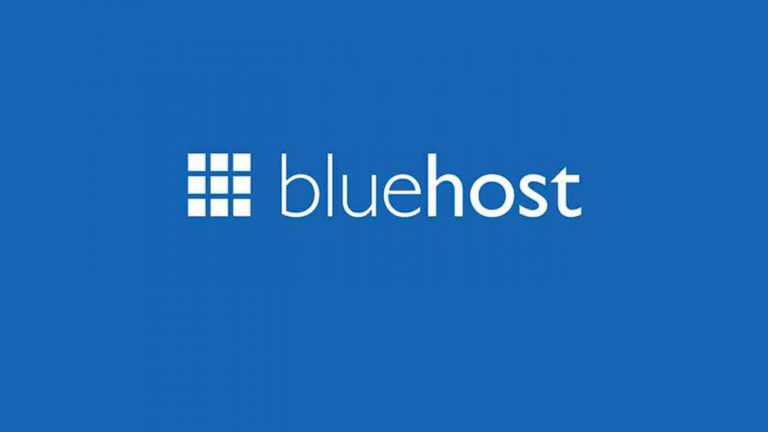
Author: matan
SPORTS AND NUTRITION – HOW TO PERFECTLY COMBINE
Sport And Nutrition – can greatly enhance athletic performance.
An active lifestyle needs an exercise routine along with healthy eating habits.
A wholesome diet provides you the requisite energy to finish a race or enjoy a casual sport.
Losing weight suddenly through unhealthy nutrition practices can adversely affect health.
A person’s sport, age, and gender determine his or her nutrition requirement.
Hence sports and nutrition go hand in hand.
Lack of the following nutrients causes tiredness and poor performance in any activity:
- Calories
- Carbohydrates
- Fluids
- Iron, vitamins, and other minerals
- Protein
Interrelation Between Sports and Nutrition
Both healthy people and athletes ideally need the same nutrition.
However, the proportion varies according to:
- The type of sport
- The amount of training done
- The amount of time spent
It is a common perception to overestimate the number of calories
burnt and hence there is more energy intake than consumption.
Since it is inadvisable to exercise on an empty stomach, calculate the following beforehand:
- The time gap between eating and exercising
- The proper amount of food
Carbohydrates as a link between Sports and Nutrition
Mostly stored in muscles and liver, Carbohydrates provide energy during sports activities.
People engaged in sports must ensure that a little more than half of their
calorie intake is from carbohydrates.
Their primary sources are:
- Low-fat foods like rice and whole wheat bread contain complex carbohydrates. They contribute vitamins, minerals and hardly any fat to the nutrition.
- Jams and candies contain simple sugars that provide a huge amount of calories but hardly any vitamins or minerals.
Limit fat intake and include carbohydrates in your nutrition before an hour-long sports activity.
In case, you exceed the one-hour workout session, supplement your energy need with the following:
- 150 to 300 milliliters of a sports drink
- 40 to 55 grams of low-fat granola
- People who exercise for more than 90 minutes should consume more carbohydrates with protein, 2 hours later.
For workouts lasting less than one hour,
all you need is to keep yourself hydrated with water.
Protein as a link between Sports and Nutrition
Although protein is important for tissue and muscle growth,
it is a myth that a high-protein diet will promote muscle growth.
Protein is used for energy only after stores of carbohydrates are scanty.
Only strenuous sports activity and exercise can change the muscle.
Athletes and bodybuilders need only a small amount of protein as
nutrition requirement to support muscle growth.
Eating amino acid supplements are thus highly unadvisable.
Excess protein can bring about the following complications:
- Is stored as excess body fat
- Increases the chance for dehydration
- Leads to loss of calcium
- Puts an added burden on the kidneys
A healthy body leads to a healthy mind, therefore, it is mandatory to keep
yourself fit and for that, your nutritive value should be consumed well off.
Also, nutrition plays a portentous role in order to accompany
a sports player when they elicit their anger on the fields.






